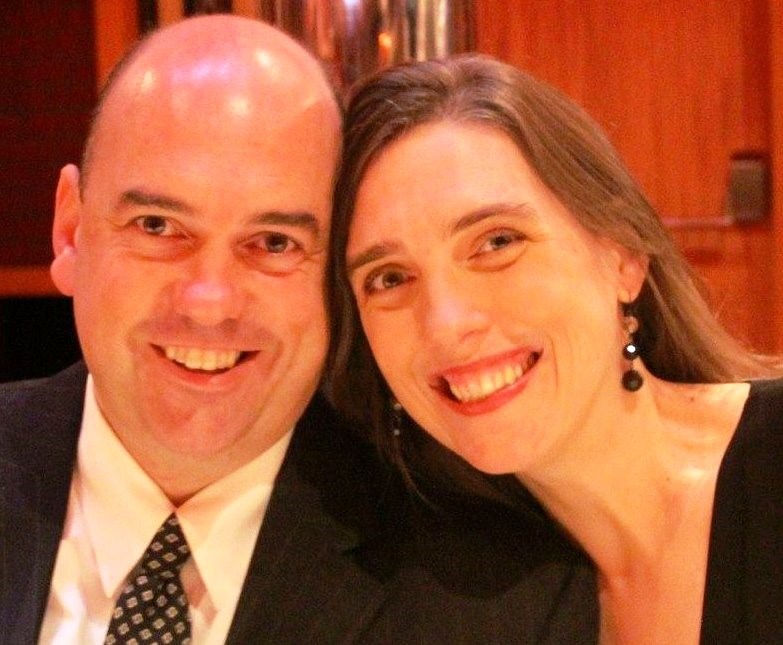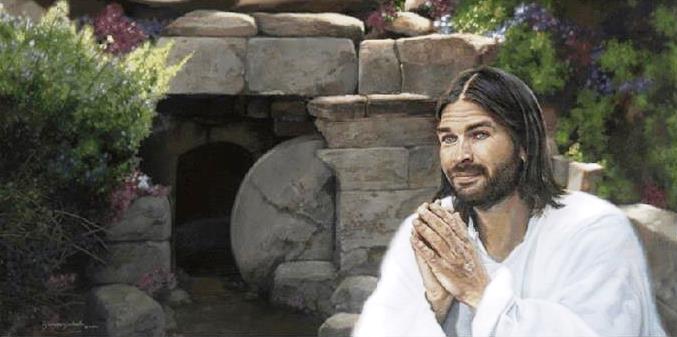Here is the summary of a sermon for Easter Sunday written by pastor Lance McKinnon (Revised Common Lectionary, year B)

1 Corinthians 15:1-11 (NRSV)
Now I would remind you, brothers and sisters, of the good news that I proclaimed to you, which you in turn received, in which also you stand, through which also you are being saved, if you hold firmly to the message that I proclaimed to you–unless you have come to believe in vain. For I handed on to you as of first importance what I in turn had received: that Christ died for our sins in accordance with the scriptures, and that he was buried, and that he was raised on the third day in accordance with the scriptures, and that he appeared to Cephas, then to the twelve. Then he appeared to more than five hundred brothers and sisters at one time, most of whom are still alive, though some have died. Then he appeared to James, then to all the apostles. Last of all, as to one untimely born, he appeared also to me. For I am the least of the apostles, unfit to be called an apostle, because I persecuted the church of God. But by the grace of God I am what I am, and his grace toward me has not been in vain. On the contrary, I worked harder than any of them–though it was not I, but the grace of God that is with me. Whether then it was I or they, so we proclaim and so you have come to believe.
Here the apostle Paul reminds us as “brothers and sisters” of the “good news” (gospel) that has been proclaimed. It’s the message Paul wants believers in Corinth to “hold firmly to.” Paul summarizes the key elements of that message—those things he considers to be “of first importance”: Christ’s death, burial and resurrection, which all were “in accordance with the scriptures.” Paul’s point is that when it comes to Christianity, Christ is above all else. Moreover, his birth, life, death and burial must not be separated or viewed in isolation from his resurrection, ascension and return. It’s all one complete work because Jesus is a complete, living Savior who brings wholeness to our fractured and fragmented world and lives.

Paul goes on to speak of Jesus as the one who encounters us. This is what we see in the Gospel’s post-resurrection accounts. In one way, Easter is not fundamentally about the resurrection event, but about the risen (resurrected) Lord as a person. To make his point, Paul emphasizes the stories of Jesus’ encounter with Peter (Cephas), with the apostles as a group (the twelve), then with more than 500 brothers and sisters (disciples). Paul then mentions Jesus’ encounter with James and with all the apostles. Last, he mentions his own encounter with Christ (an apparent reference to the Damascus Road event). Paul lists himself last (in order and priority) because he knows he fought the Lord, trying to stop his kingdom by persecuting his church.
Paul knows it is only by grace that the Lord appeared to him at all. The reality of that grace should encourage us: the Lord will not leave anyone out of his encounter. When it comes to the risen Lord, we can forget ever being forgotten! In Jesus Christ, by the Spirit, the Father has re-membered us all. To God be the glory!
Paul understands that this grace of remembering is not without its effect in our ongoing lives. He says that, in his case, he “worked harder” than all the other apostles. He is not bragging here; not making a statement of comparison to look better. Rather he understands that grace had more work to do in him in making him an apostle.
We too can participate in the work of grace that the risen Christ, by the Spirit, is doing in our lives. Jesus didn’t rise from the tomb so we could be mere spectators of his now-glorified humanity. We were raised with him so that we may participate in that life with him. Indeed, Jesus is our life. To participate in some other “life” amounts to looking for “the living among the dead.”
Happy Easter!



Please note that comments are moderated. Your comment will not appear until it is reviewed.